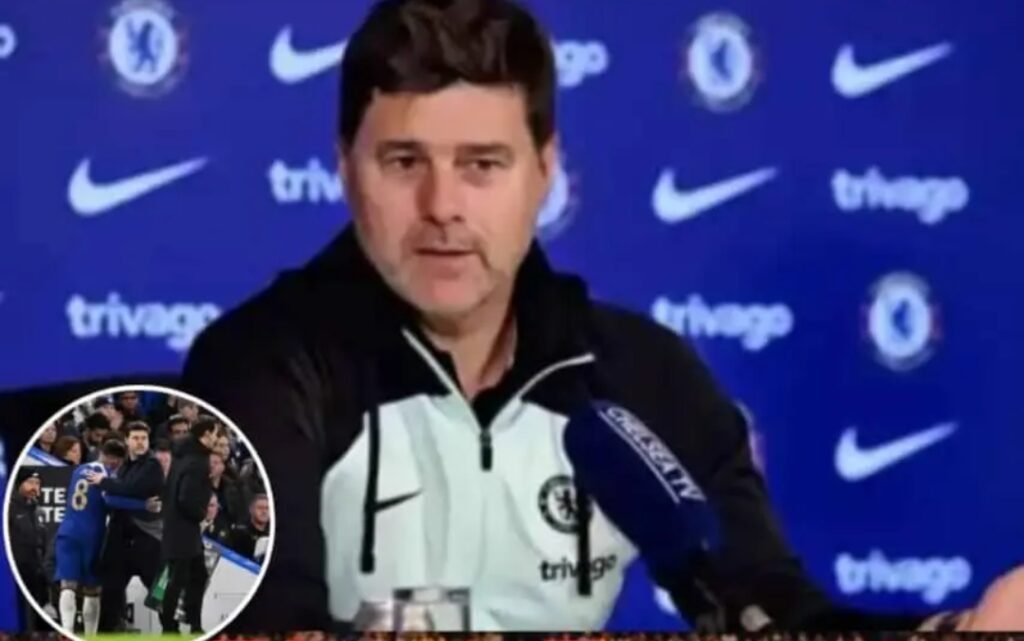As the January transfer window rapidly approaches its conclusion, Chelsea, led by Mauricio Pochettino, faces intensified pressure to reverse their underwhelming performance since his return to London. Halfway through his first season back in England, Pochettino struggles to make a positive impact on public opinion, with owners sharing blame for a lack of improvement since taking ownership in May 2022.
Despite substantial spending over the last 18 months, Chelsea’s fortunes have not seen a significant upturn, leading to diminishing faith in the current squad’s ability to rectify the situation. The next transfer window becomes crucial for Pochettino and Chelsea, presenting an opportunity to enhance both performance and team dynamics. However, the prospect of discounted transfers might be limited, given the substantial recent expenditures, unless offloading occurs.
In the quest for new talent, Chelsea is reportedly eyeing 20-year-old Peterborough United defender Ronnie Edwards. Despite calls for more experience, Chelsea remains interested in Edwards, having made unsuccessful bids for him in 2022. Edwards, a regular for England at U-19 and U-20 levels, aligns with Chelsea’s youth-focused strategy, but concerns about potential drawbacks echo those related to the existing squad.
The spotlight on youth prospects extends beyond Edwards, with Chelsea exploring additional South American talents. While Edwards represents a promising addition, questions arise about Chelsea’s tendency to overlook homegrown talent, particularly from their renowned Cobham academy. Bashir Humphreys, outperforming Edwards in the second tier, raises questions about the necessity of signing young players when viable alternatives exist within the club’s system.
The potential recruitment of Ian Maatsen by Manchester City adds another layer to Chelsea’s youth management concerns. Despite his versatility and potential, Maatsen has been underutilized and marginalized at Chelsea. The club risks repeating past mistakes, reminiscent of Marc Cucurella’s situation, where Chelsea’s failure to secure him on a permanent deal led to unpaid salaries.
As Chelsea navigates the complexities of the transfer market, the overarching theme remains the balance between acquiring external talent and nurturing homegrown prospects.
Pochettino’s ability to integrate new signings, address team weaknesses, and provide opportunities for promising academy players will define the success of Chelsea’s mid-season overhaul. The scrutiny on the club’s transfer decisions underscores the delicate balance between immediate performance improvements and the long-term development of talent within the Chelsea system.
